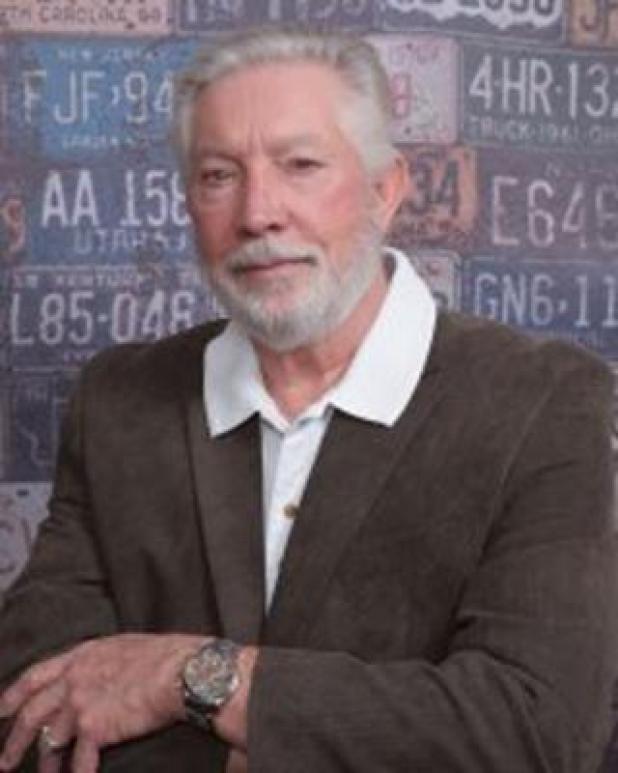
William Thibodeaux
The Strange Case Against Andre Servinien
According to an article in the Louisiana Historical Quarterly, in 1752 during the French period in Louisiana, a young French soldier by the name of Andre Servinien took his own life. An unusual criminal prosecution subsequently took place against Servinien. Not for the crime of murder, but to determine the faith of his memory. It was an extremely strange case indeed. Apparently back in the days of old, if someone was found guilty their memory would be banished forever. Yeah, I know. During that time period if you took your own life your memory was not only banished, you were also deprived of a Christian burial. In fact, according to the article, you were not buried at all, instead you were left to “lie rotting and blackening on the face of the earth among the offal, bones, and refuse from the butcher’s stalls.” We often hear about Christian burials and back in those days, a Christian burial meant a great deal.
It is curious so much time, trouble, and expense would be expended upon a person who had taken his own life and who had passed beyond this world’s manmade laws. However, suicide in old French procedure was considered a homicide and someone had to pay for the crime. On April 17, 1752, an inquest was held, witnesses called, a “curator was appointed to defend the memory of the deceased.” He was prosecuted in criminal court to the full rigor or extent of the law against his memory. If Servinien was found guilty, he, the accused, was not only denied a Christian burial, his memory and his decedents’ memory were made infamous. And at one period, his estate was forfeited. Servinien was known as La Rochelle after his hometown of France. He had no relatives living in Louisiana. His residence was the Army barracks of New Orleans “near the privies.” According to witnesses at the time of the incident, soldiers discovered his body at 8:00 o’clock on the morning of April 16th. Servinien’ s rifle was found lying between his legs along with a large knife presumably used to pull or press the trigger of his weapon.
During the inquest, all of the witnesses testified that Andre Servinien would often burst into fits of rage and talk about taking his life, especially when he was intoxicated. Aside from curious interest, Servinien’ s strange case is probably valuable to legal historians because of its examples of Louisiana procedure under France’s Criminal Ordinance of 1670 during the reign of King Louis XIV. The French Attorney General rendered a decision in the case against Andre Servinien. He was found to be temporarily insane and was exonerated of all charges. So, it is safe to say Andre Servinien had a Christian burial.
Sometime in the late 17 and 1800s, clever end arounds were created to avert damnation. One such loophole was to kill someone. It usually guaranteed the killer to get his neck stretched. Suicide by execution. Ages ago in certain societies, suicide was accepted provided the person committing suicide was old with excruciating pain and had an incurable illness. Today people committing suicide is usually regarded as insane.
